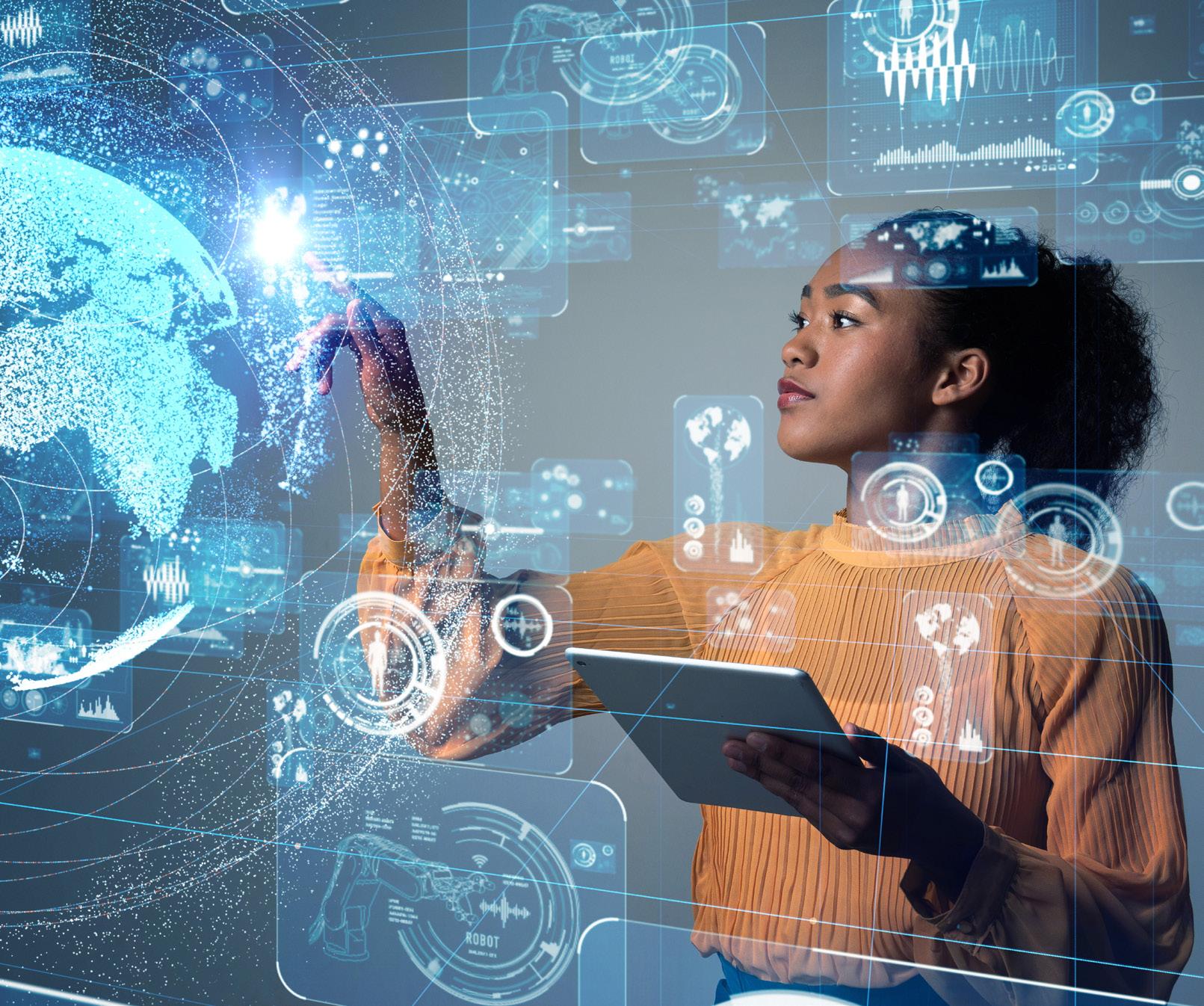TECHNOLOGY ISSUES
ARTIFICIAL INTELLIGENCE:
A LOOK AT THE GOOD, THE BAD AND THE UGLY
W
e have all heard many opinions around “artificial intelligence” and what it could mean to our professional careers. Because all industries stand to be impacted in one way or another by this quickly emerging technical capability, the truth is that we have yet to fully understand the total impact of what a mature deployment might really mean to us, either individually or collectively. The technology is gaining momentum in business and across society, and one thing is very clear: we will all need to learn to adapt. As with many things, if something can be used for good, it can also very likely be used for bad. In this article, we will investigate some of the various use cases that have been contemplated. Reminiscent of the .com boom of the mid 1990s, it is possible that we will see similar “game changing” deployments in the 2020s that go well beyond what we can imagine today. So, what is artificial intelligence? Most people, after thinking about it as more science fiction, go toward a
common and simple definition along the lines of “machines that can think independently.” A GoogleTM search on the question “definition of artificial intelligence” returns a series of websites. One of the better results was from The English Oxford Living Dictionary as follows: “The theory and development of computer systems able to perform tasks that normally require human intelligence, such as visual perception, speech recognition, decision-making and translation between languages.”
iStock.com/metamorworks
To the question of “Siri, are you artificially intelligent,” she responds: “I don’t have the answer to that. Is there something else I can help you with?” Let’s ask yet another source to determine the best definition. Google HomeTM responded to the question “OK Google, what is artificial intelligence?” with: “Artificial intelligence is the theory and development of computer systems able to perform tasks that normally
Most people, after thinking about it as more science fiction, go toward a common and simple definition along the lines of “machines that can think independently.” Although it's a complete definition, let’s explore other sources. When asking SiriTM “Siri, what is artificial intelligence?” we receive a much less satisfying answer than before: “Branch of computer science that develops machines and software with human-like intelligence”
require human intelligence, such as visual perception, speech recognition, decision making and translation between languages.” Google actually pulls the definition from Oxford. Just as with Siri, we followed the answer with, “OK Google, are you artificially intelligent?” Today's CPA September / October 2020 11












